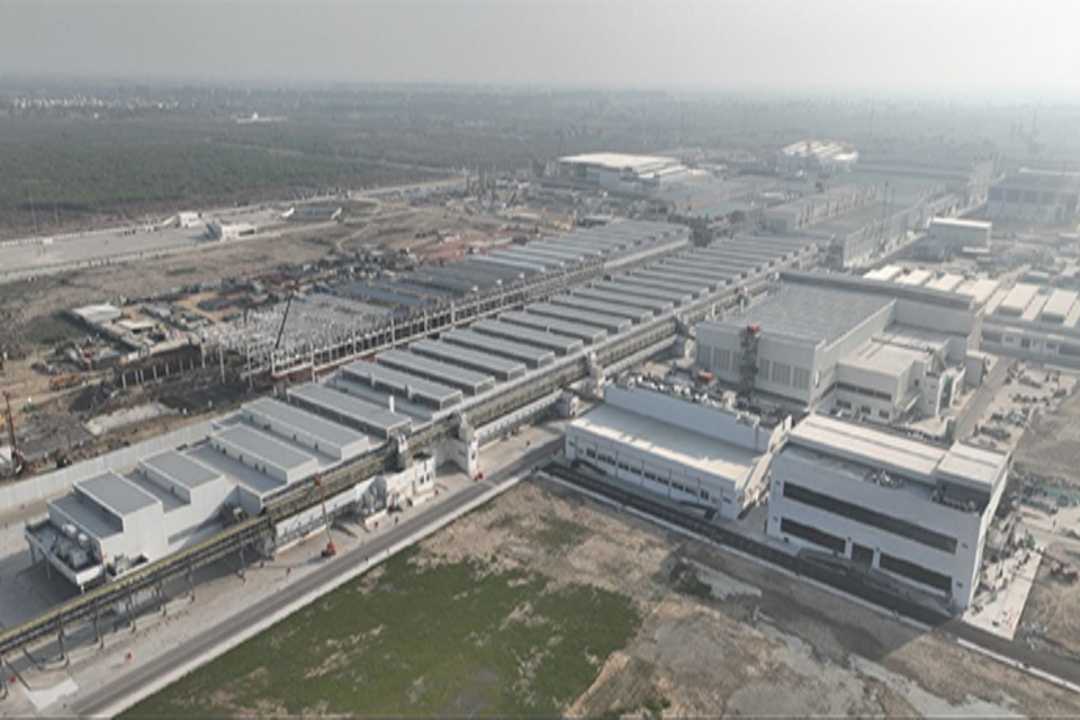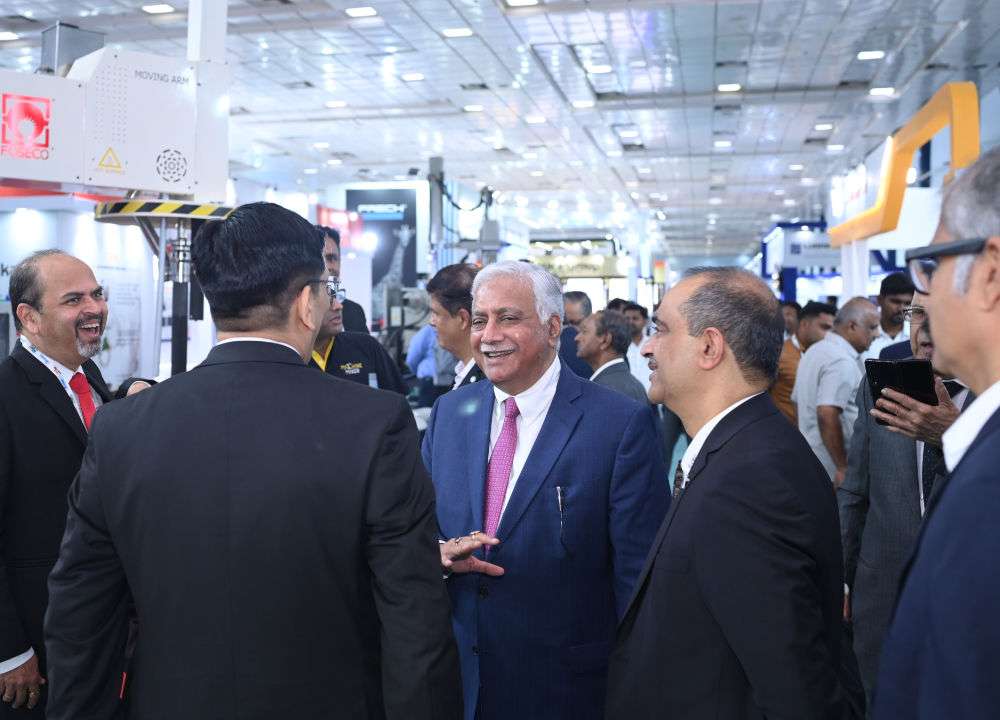Maruti Suzuki, India’s largest car manufacturer, has announced a capital outlay of up to ₹9,000 crore for the ongoing financial year, aimed at introducing its first electric vehicle, increasing export volumes, and expanding production infrastructure. The company plans to begin rolling out its debut electric model—the e-Vitara—before the end of September 2025, according to Chairman R.C. Bhargava, who spoke during the firm’s earnings call on Friday.
“We’re expecting annual output for the new EV to reach around 70,000 units, with a significant share allocated for overseas markets,” Bhargava noted. The company aims to emerge as the country’s leading EV manufacturer in 2025, with export destinations including Japan and European nations.
Maruti’s entry into the electric segment comes as the industry shifts toward cleaner technologies. While electric vehicles accounted for only 2.5% of India’s 4.3 million car sales last year, government targets aim for 30% EV adoption by 2030, backed by incentives for local manufacturing.
Already holding the top spot in car exports from India, Maruti aims to increase its overseas shipments by 20% this fiscal. This strategy becomes even more critical as growth in domestic sales begins to level off. Factory dispatches to dealers grew more slowly for a second consecutive year in FY25, with expectations of only modest growth—between 1% and 2%—in the current year.
In addition to the EV rollout, Maruti plans to launch a new petrol-powered SUV later this year to reclaim market share in the fast-growing utility vehicle segment, where rivals have gained ground. Bhargava also confirmed that all future Maruti models will come equipped with six airbags as part of the company’s broader focus on improving safety standards across its fleet.
Regarding international trade, the company stated that it remains insulated from recent US tariff actions, as it does not export vehicles to the American market. Maruti Suzuki is one of India’s leading automobile manufacturers, renowned for producing a wide range of affordable and reliable vehicles. A subsidiary of the Japanese automaker Suzuki, Maruti Suzuki has established itself as a household name in India since its inception in 1981.
The company is known for offering a diverse portfolio of cars, from compact hatchbacks to sedans and SUVs, catering to various customer preferences and budgets. Maruti Suzuki has played a significant role in making car ownership accessible to millions of Indians, with its focus on fuel efficiency, low maintenance costs, and strong after-sales service. With an extensive network of dealerships and service centers across the country, Maruti Suzuki continues to dominate the Indian automotive market while also expanding its presence globally.








